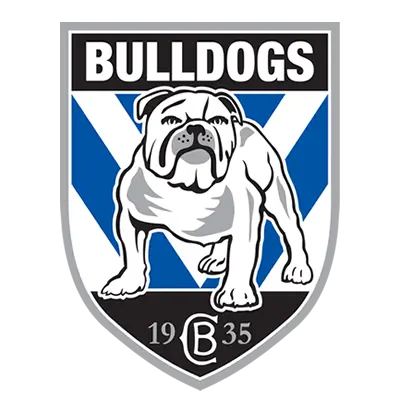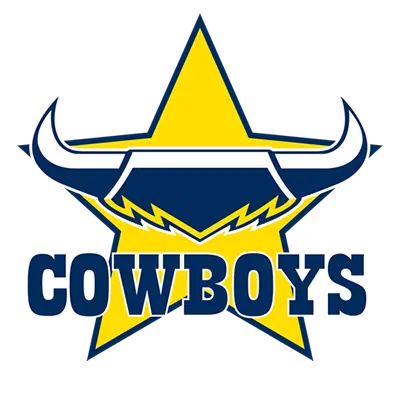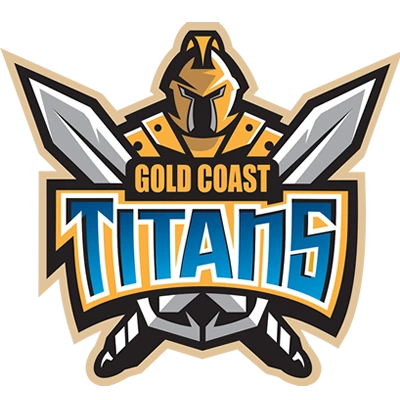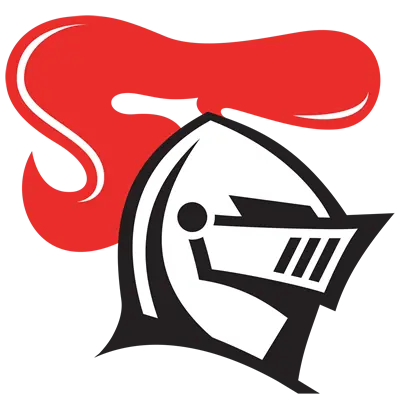Cliffycomeback
Reserve Grader
Absolutely, it's looking every shaky right now.This is not good news
Lets hope they can get it together soon
Absolutely, it's looking every shaky right now.This is not good news
Lets hope they can get it together soon
You are incapable of calling out Hamas aren't you?Some tunnel footage has been found to be fake AI generated.
Including shots from the Scottish maratime museum

Israel created fake 3D videos of 'Hamas tunnels' to justify attacks on Gaza hospitals: Report
The Israeli army used 3D images from video games, online assets, content creators, and even the Scottish Maritime Museumthecradle.co

So you disagree that people will blame Israel.Lol,the punctuation ICE squad ..The sum total as you put it is in your head,it was followed up by a concise explanation.
FMD,I have explained it to you 3 times now,you seem overly sensitive,did you have overly critical teachers or parents as a child or get picked on?
I read the article and responded to your point that people would blame the Israeli's,you do realise that was what you posed?
Self edit done here by me.
Hi Cliffy, just as a bit of a counterexample,You are incapable of calling out Hamas aren't you?
Absolutely, it's looking every shaky right now.
Yes, sorry mate. I certainly believe you are more qualified than me to speak on this situation.I know it is naive of me but you would love for this to not be used for political points from either side
Out of respect for people on here who may have family caught up in this, I'm going to pass on providing any further opinion on the whole HAMAS/Israel situation.Hi Cliffy, just as a bit of a counterexample,
Say Hamas posted a clip of Israeli forces driving tanks over Palestinian civilians (think Tiananmen Square) and that it was later found to be a fabricated clip. A pro-Israeli poster then replies saying “hey, this clip is actually not credible”.
Applied to this scenario, your stance was that the pro-Israeli poster should have still called out Israel on an event that was found to not transpire.
First of all, was that your stance originally or were you just venting a little at manlyfan76? If the former, do you still stand by that initial stance in the equivalent scenario above?
I do want to delve into this topic at another point, but can I first just get a sense of how you feel Jews in particular are being blamed - as opposed to the policies and tangible actions of the Israeli state and the broader Zionist settler movementSo you disagree that people will blame Israel.
On what grounds? Do you have some kind of precedent that supports your statement?
Because from where I'm standing Israel and the Jewish community are being blamed for everything by a lot of people, even the atrocities that started this whole war are Israel's fault. Al Jazeera is the main source of HAMAS propaganda and the many lies (mixed with some truth) has worked really well thus far. The hatred towards the Jewish community is almost unprecedented. But not according to you.
@Adz claims people won't blame Israel before going on his "tangerine twerp" rant. Decent humans would hope for peace, not sit there waiting for it to crumble in order to get more anti Trump ammunition.
It's pathetic!
I was thinking more that some people would feel it was tending to lead a bit off topic from the Trump thread. If we put it back down for a bit that’s fine (ie. disregard the post I made a few minutes after)Out of respect for people on here who may have family caught up in this, I'm going to pass on providing any further opinion on the whole HAMAS/Israel situation.
Nah not at all! Just hopeful something can be worked outYes, sorry mate. I certainly believe you are more qualified than me to speak on this situation.
I guess we know the answer then
I wonder if you will acknowledge this at all? @Eagle 1 as you liked the previous video I am sure you would like the context
Oh well, at least the hostages have been released. Now, I'm sorry to say, normal business has now been resumed.Absolutely, it's looking every shaky right now.
Not being smart, but perfectly serious: they come from the kids who grow up each generation watching first hand what happens to their families at the hands of Israeli soldiers (and settlers). Don't you think?So, where do their fresh troops come from
OMG thats is a crime against interpretative dance !!!!
This certainly was the case although I think it is fairly naive (may be too harsh a word) to pretend the situation has remained constant between Trump 1.0 and Trump 2.0. The government has effectively been purged; unqualified sycophants have been installed in all critical positions. If you disagree with that, then i'm all ears. Personally, I agree with the sentiments of B. Sanders that it has shifted to an oligarchic form of governance & society (can unpack full reasoning if curious). Aside from Trump & his inner circle, I also see media/algorithms as a key factor; for an example refer to @Isz's recent post.anyone who thinks the POTUS is really in charge, clearly doesn't understand who really runs things over there.
people throwing the word 'fascist' around when describing Trump truly have no idea what this word means, it's laughable....[left-leaning Democrats and mainstream media have stirred up] anti-Trump hysteria.
Firstly, it is without one doubt, that regardless of Congress, and who holds what musical chair for the day, the strings are pulled, bought, and paid for by a corporate deep state. This has been the case for decades, and will continue to be so for many more. That's a fact, not opinion.This certainly was the case although I think it is fairly naive (may be too harsh a word) to pretend the situation has remained constant between Trump 1.0 and Trump 2.0. The government has effectively been purged; unqualified sycophants have been installed in all critical positions. If you disagree with that, then i'm all ears. Personally, I agree with the sentiments of B. Sanders that it has shifted to an oligarchic form of governance & society (can unpack full reasoning if curious). Aside from Trump & his inner circle, I also see media/algorithms as a key factor; for an example refer to @Isz's recent post.
I also view that DOGE served to dismantle bureaucracy, not efficiency - relevant but will hold off that for now.
When making an argument, i've started focusing on addressing ~ 1 point per post. If you don't mind, in a later one i'm keen to expand on the fascism / hysteria argument you raised above. If not interested, then you can skip past the remainder of this post:
It'd be good if you could expand at least a little on what meets the criteria for fascism (in your view).
We've obviously had the Nazi (Nationalist Socialist) party and Italian examples. Both are considered 'fascist', though the word was only employed by Mussolini's 'Republican Fascist Party'. Im particularly interested in the specific traits that allowed people to classify the Nazi ideology / movement as a 'fascist' one. Also, if you consider that the Nazi's were fascist from the start, how so? If the term was only appropriate after a particular event or series of events, why then?
Once we get that background out of the way I feel we'll be well positioned to start considering the case of the US. Considering the same criteria, we can better argue whether or not concerns of 'fascist ideology' are unfounded or justified. I don't disagree that prevalent use of the term requires media to propagate (historically newspapers/radio, now social media and digital news organisations)
| Team | P | W | L | PD | Pts |
|---|---|---|---|---|---|

|
24 | 19 | 5 | 148 | 44 |

|
24 | 17 | 7 | 212 | 40 |

|
24 | 16 | 8 | 120 | 38 |

|
24 | 15 | 9 | 172 | 36 |

|
24 | 15 | 9 | 109 | 36 |

|
24 | 14 | 10 | 21 | 34 |

|
24 | 13 | 10 | 107 | 33 |

|
24 | 13 | 11 | 132 | 32 |

|
24 | 12 | 12 | 125 | 30 |

|
24 | 12 | 12 | 21 | 30 |

|
24 | 10 | 14 | -76 | 26 |

|
24 | 9 | 14 | -146 | 25 |

|
24 | 9 | 15 | -135 | 24 |

|
24 | 9 | 15 | -181 | 24 |

|
24 | 8 | 16 | -130 | 22 |

|
24 | 6 | 18 | -199 | 18 |

|
24 | 6 | 18 | -300 | 18 |
